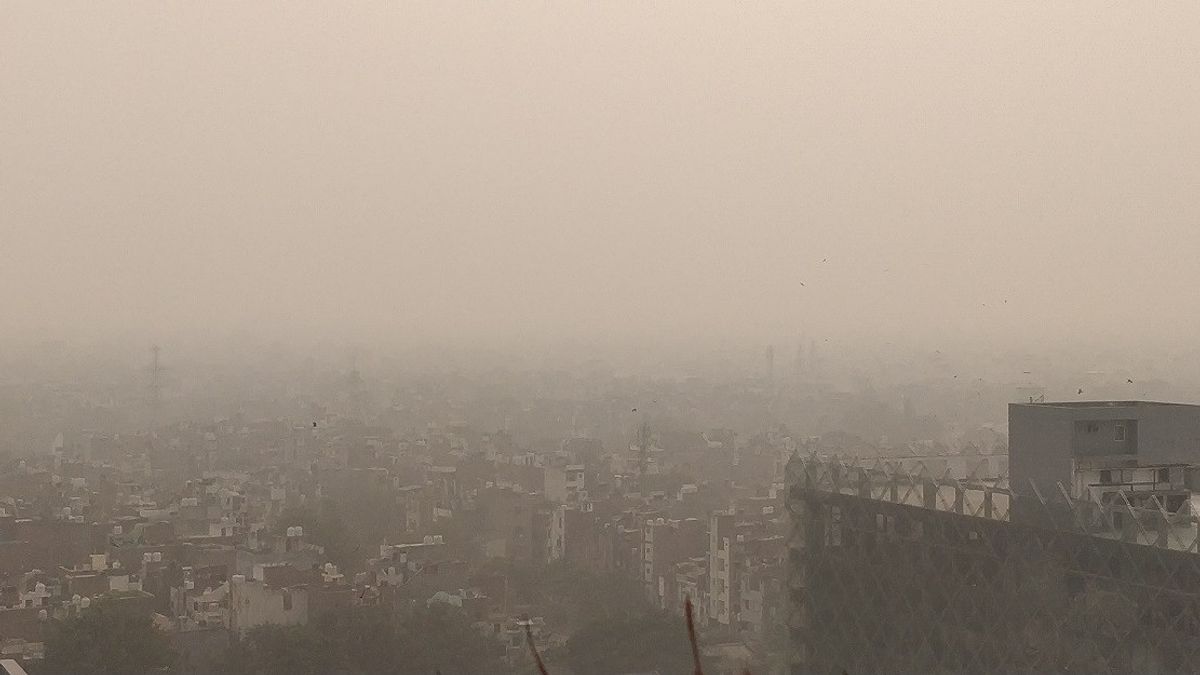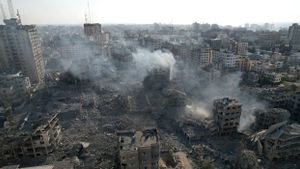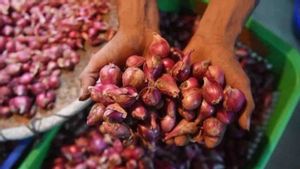JAKARTA - Sejumlah sekolah di ibu kota India, New Delhi, ditutup pada Hari Jumat, seiring dengan suas yang membuntung kota tersebut menyebabkan penjloknya index kualitas udara (AQI)
New Delhi is at the top of the list of the most polluting cities in the world today, with the AQI number reaching 640, including in the dangerous category, followed by Lahore (Pakistan) with 335.
Regional officials said the combination of lower-temperature seasons, lack of wind and burning of plant spines in neighboring states had led to a spike in air pollutants.
Many of New Delhi's 20 million residents complain of irritation in itching eyes and throats, and the air turns thick gray when the AQI numbers are around 480 at several monitoring stations.
It is known, the AQI 0-50 figure is considered good. While the AQI number between 400-500 has an impact on healthy people, it is dangerous for those suffering from the disease.
"In my last 24 hours on duty, I saw the babies coughing, the children coming in with distress and fast breathing," Delhi-based doctor Aheed Khan said.
Officials said they did not see any improvements in air quality in the future.
"This level of pollution will last for the next two to three weeks, exacerbated by incidents of Hampangu burning, slow wind speeds and cooling temperatures," said Ashwani Kumar, chairman of Delhi's Pollution Control Committee.
Although junior high schools in the capital were ordered to close on Fridays and Saturdays, they still opened up the outskirts of the city and the children who boarded the school bus were forced to wear masks.
Not only humans, poor air quality also causes respiratory problems, irritation of the eyes and anxiety of pets.
SEE ALSO:
"The difficulty of breathing can develop into pneumonia or other diseases in younger animals. If possible, avoid taking pets for a walk in the morning for a few days until the air gets better," said Prabhat Gangwar, veterinarian at NGO Friendsicoes.
It is known that farmers in the northern states of Tehran, Haryana and Uttar Pradesh usually burn plant waste after harvest in October, to clear their fields before sowing winter crops a few weeks later.
The English, Chinese, Japanese, Arabic, and French versions are automatically generated by the AI. So there may still be inaccuracies in translating, please always see Indonesian as our main language. (system supported by DigitalSiber.id)


















